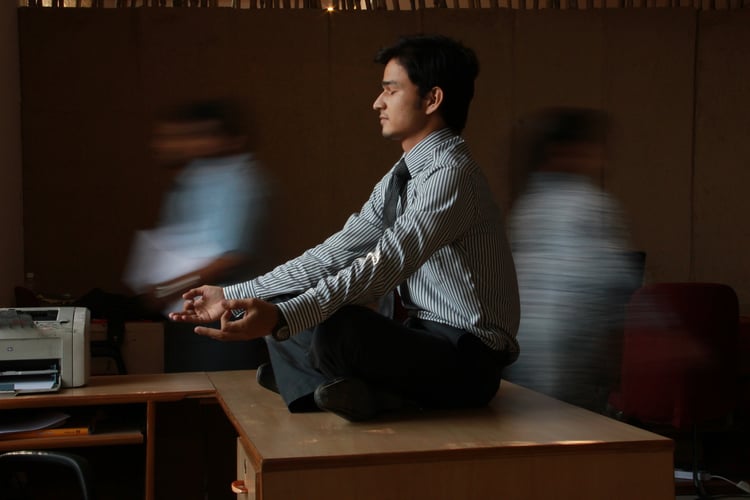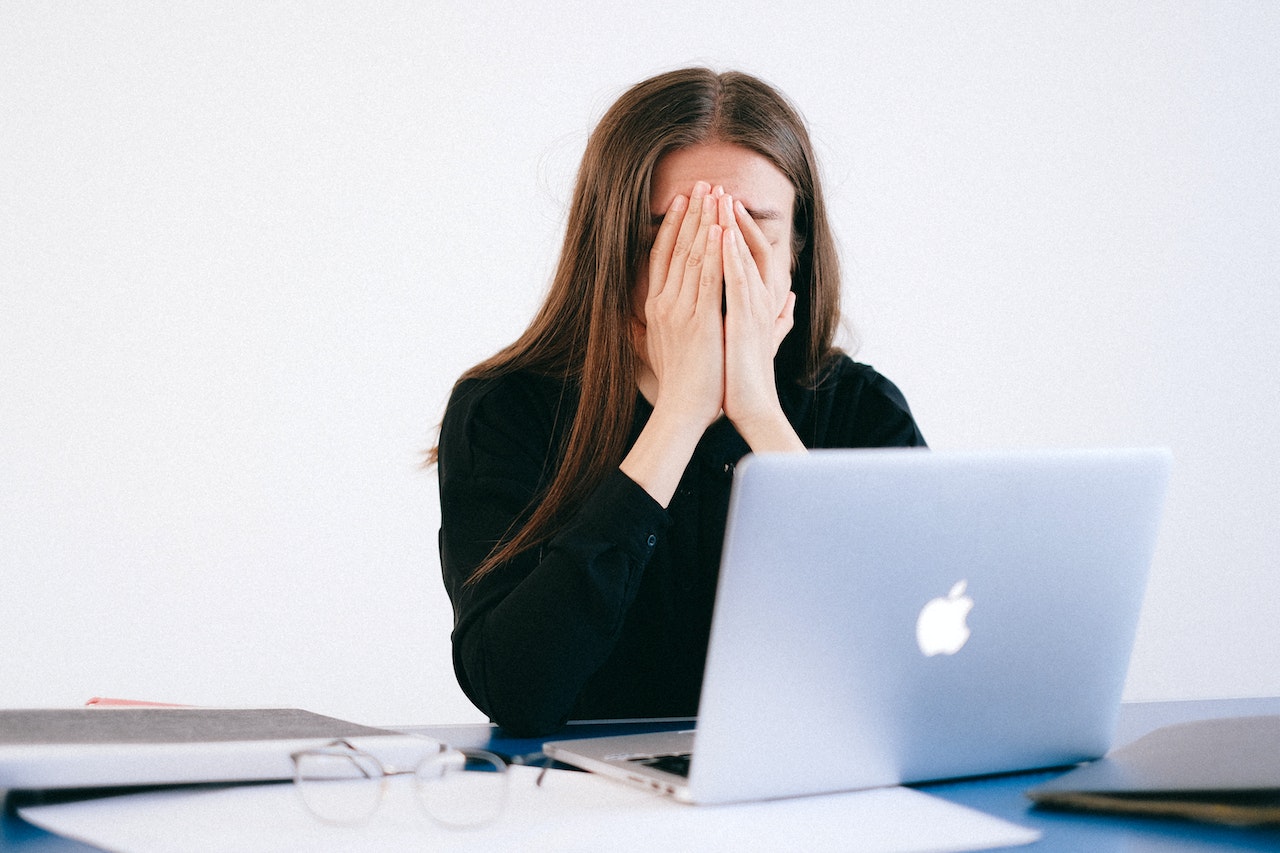5 Tips to Alleviate Anxiety in the Workplace

This year, the Mental Health Foundation (MHF) has chosen Anxiety as the theme for the annual Mental Health Awareness Week (15-21 May). According to Alexa Knight, Director of England at MHF, the foundation chose Anxiety as the 2023 theme ‘to kickstart a nationwide conversation’ and encourage people to share their experiences and tips on managing anxiety.
ANXIETY’S IMPACT
Earlier this year, the MHF conducted an online survey of 6,000 UK adults to explore how anxiety is impacting the UK population. It found that a whopping 73% of people had felt anxious in the past 2 weeks, with 20% feeling anxious most or all of the time.
What is more, the MHF’s research revealed that anxiety affects some groups more than others. More specifically, nearly all young adults between the ages of 18 and 24 admitted that they had felt anxious in the previous two weeks (83%). Taking this further, high levels of anxiety had stopped 58% of them from undertaking their day-to-day activities.
The groups that anxiety impacts most were found to be single parents (89%), LGBTQ+ people (89%), Carers (84%), 18 to 34-year-olds (86%), people from a minority ethnic community (84%), and those with a long-term physical health condition (82%).
After uncovering these findings, the MHF is now urging people to share helpful ideas on managing anxiety and use the hashtag #ToHelpMyAnxiety.
MANAGING YOUR ANXIETY IN THE WORKPLACE
Despite the damage it can do, poor mental health is not perceived in the same way as physical health. It is often seen as less important, with people labelling those who feel anxious as just being stressed. What is worse, people who are experiencing high levels of anxiety may often dismiss their own emotions, believing things will get better once their stressors are eliminated.
Today, we are inviting you to take a moment to acknowledge how you feel and take one or more of the following steps to alleviate your anxiety in the workplace. These steps do not require a lot of your time or effort – they only require a willingness to try.
- 4-7-8 breathing technique
If you are feeling overwhelmed at work and your chest feels tight before a presentation, take a moment to pause and focus on your breathing. At your desk, inhale for 4 seconds, hold your breath for 7, and exhale for 8. After repeating this several times, you will begin to feel your heartbeat slow down.
- Get moving
Many people turn to exercise when looking for ways to ease their anxiety. While you may not be able to begin practising your Sun Salutation sequence in the office, you can still get some light exercise during your working hours. For example, try cycling or walking to work and taking the stairs instead of the elevator.
- Avoid eating lunch at your desk
Leaving the office during your lunch hour will ensure two things: movement and rest.
When you have your lunch at your desk, you are more likely to end up answering emails or working on the very project that elevates your anxiety levels. Take a short walk and have your lunch away from tasks that can trigger your anxiety.
- Rethink your workspace
If you are working from home, it is crucial that you prevent your job from spilling over into your personal life. To avoid this spill, designate a separate area of your house for work so that you can easily log off and wind down at the end of the day.
If you are working from the office, look at your desk and ask yourself whether it can be contributing to further stress. Declutter your space, get a plant, and make your environment spark joy for you.
- Keep a to-do list
People who do not have a to-do list or diary can often feel overwhelmed by tasks. They tend to overthink, panicking when they remember tasks they are supposed to do… and then panicking when they realise that they may be forgetting others. To avoid feeling like you are drowning in work, write down everything you have to do and plan out when to do it. In this way, you can eliminate a small portion of the anxiety these tasks can trigger.
How do you manage anxiety at the workplace?
Let us know by sending your tips to editor@ebm.uk.




